
People management, diversity and fairness
We are interested in exploring:
- How virtual organisation/hybrid workplace influences leadership, teamwork and value-creation?
- How increasing diversity affects performance, organisational fairness and employees’ experience of work?
- How institutions and public policies can mitigate inequality in labour market outcomes?
Research briefs
Getting ahead in “murky waters”: Political skill, organizational politics, and leader-rated employee promotability (docx)
Can teaching listening skills cultivate more ethical leaders who create value in business?
A large-scale dataset for analysing remote working in urban and rural areas across Europe (docx)
Retention of hospital nurses and doctors: why it matters and how to achieve it (docx)
Has the tide turned for trade unions? (PDF)
Is the office dying? (PDF)
What is happening to participation at work? (PDF)
Dynamic strategic marketing planning: The paradox of concurrently reconfiguring and implementing strategic marketing planning (PDF)
Religious identity and servant leadership (PDF)
Meh, whatever: The effects of indifference expressions on cooperation in social conflict (PDF)
